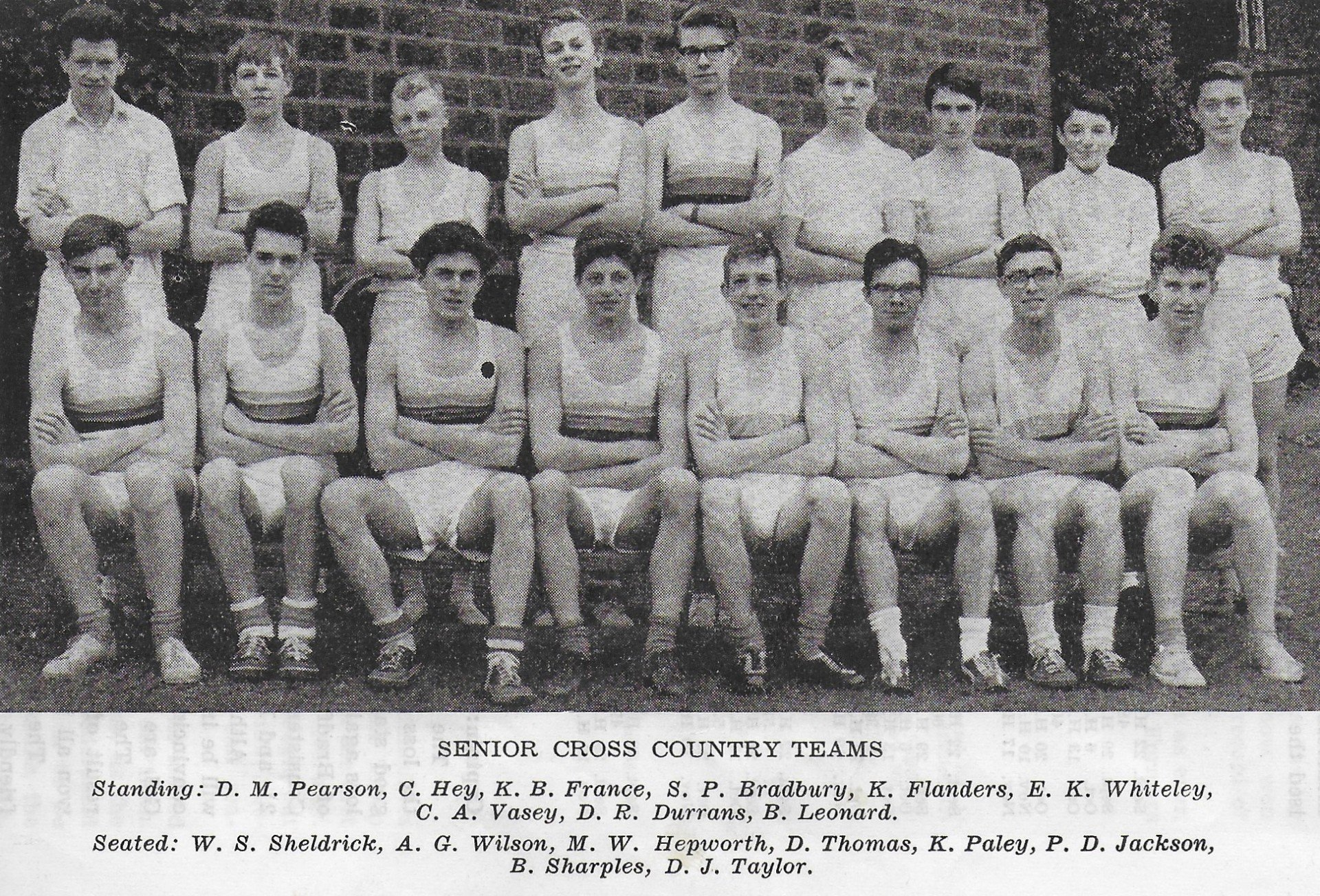Huddersfield New College shared a 25 yards (20m) swimming pool with the two other schools on the combined site: Huddersfield High School (a girls-only grammar) and Salendine Nook Secondary Modern. The pool was made available as an afterschool club for HNC pupils who wished to improve their skills. Although not a competition level swimmer, I was most interested in another training offer – Personal Survival. This award was made at bronze, silver and gold medal levels, where the tasks to be completed were made progressively more difficult. I eventually achieved the top qualification. I recall that this included first retrieving a heavy object from the bottom of the pool. Then candidates had to jump in wearing pyjama bottoms over their trunks. The pyjamas had to be taken off in the water, the legs knotted at the end and then filled with air by sweeping the bottoms over your head. Thereby a flotation aid was produced and, if you had done this to the examiner’s satisfaction, you had passed the test. A copy of the certificate, recently relocated, is shown left.
Interestingly, when I joined the RAF a few years later I was shocked to discover the lack of fitness in my fellow recruits. This was borne out by the fact that during basic training I came third in the flight’s five-mile run. The airman who came first was a county-standard long distance athlete, whilst the second placed runner – who just beat me on the run-in – was a Welsh rugby player with whom I was to play representative games later in my RAF career. What really impressed me was that these two – and a couple more who were behind me at the finish – were due to go on to be trained as specialist Physical Training Instructors. I was to be a Linguist. Without doubt the constant sports activities earlier in my youth had paid dividends here. But this didn’t alter the fact that the one part of later rugby training which I always hated was the start-of-season long distance run.
Before I settled on playing rugby, I was also involved intermittently with other sports:
- Advanced Swimming Club
- Birchencliffe Cricket Club
- The Vanguards Football Team
- The Harlock Tackle
- Birkby CYC Rugby League U-17s
- St Josephs ARL U-17s




